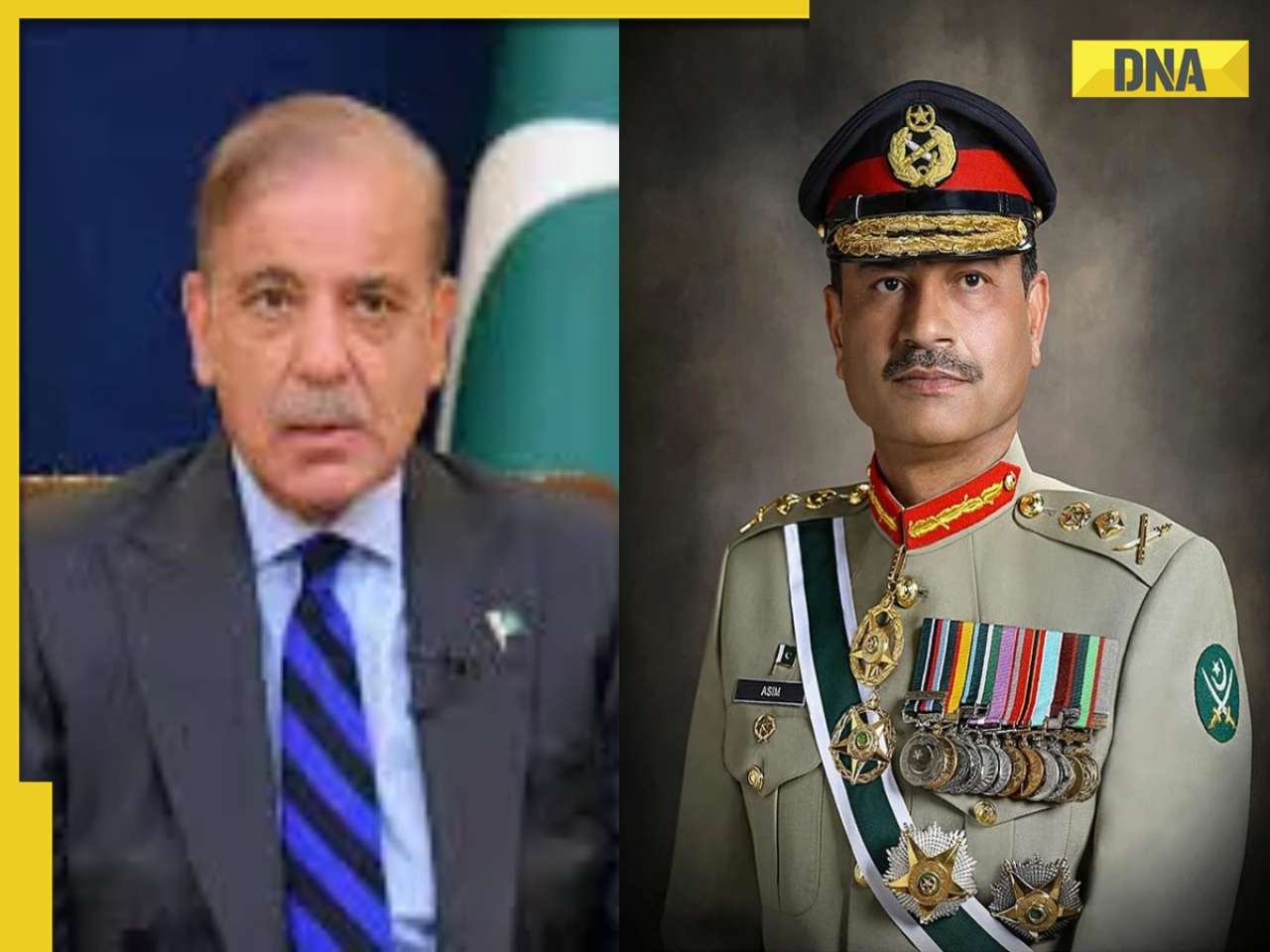 |
|
The recent reports of blasts near the residences of Pakistan's Prime Minister Shehbaz Sharif and Chief of Army Staff Asim Munir have dramatically heightened tensions in the already volatile India-Pakistan relationship. These incidents, coupled with India's alleged retaliatory military operation codenamed 'Sindoor,' paint a picture of escalating conflict and underscore the fragility of peace in the region. The situation demands immediate attention from international bodies and calls for de-escalation measures to prevent a full-blown war. The core issue resides in the long standing dispute of the Kashmir region. This territory is claimed by both nations, with sections of it governed by each respective country. This disagreement has been the catalyst for multiple wars and skirmishes between the two countries. The most recent escalation is based upon an attack at Pahalgam, which resulted in numerous casualties. The Indian government swiftly retaliated with a military operation, allegedly responsible for the neutralization of a significant number of terrorists within Pakistan's controlled territory. This action presents a clear illustration of the inherent dangers involved in cross-border military actions and the likelihood of triggering a broader conflict. The use of long-range, high-precision strike weapons by India, as reported, raises serious questions about the potential for further escalation. Such weapons, while intended to minimize collateral damage, can also be perceived as an act of aggression, further inflaming tensions. Pakistan's reported attempts to retaliate with drone and missile attacks on Indian military installations, and the subsequent neutralization of an air defense system at Lahore, only deepen the cycle of violence. The claims of over 100 terrorists being eliminated in the precision strikes highlight the complex dynamics of terrorism in the region. While such actions may be viewed as a legitimate response to terrorist attacks, they also carry the risk of unintended consequences, including civilian casualties and further radicalization. The lack of independent verification of these claims makes it difficult to assess the true impact of the operation and the potential for future instability. The international community must urge both India and Pakistan to exercise restraint and engage in dialogue to resolve their differences peacefully. The use of military force is never a sustainable solution, and it only serves to exacerbate existing tensions and create new challenges. A comprehensive approach is needed, one that addresses the root causes of conflict, promotes cooperation, and ensures the safety and security of all people in the region. Furthermore, there is an undeniable need for transparent and independent investigations into the events that have unfolded. Accountability is essential to fostering trust and preventing future escalations. It is important to note that the long and complex history of relations between India and Pakistan is fraught with distrust and conflict. Both countries have endured multiple wars since their independence, and numerous diplomatic efforts to bring about lasting peace have failed to yield the desired results. The nuclear capabilities of both nations add another layer of complexity to the situation. The possibility of a nuclear conflict, however remote, looms large over the region, making the stakes incredibly high. The current situation serves as a stark reminder of the urgent need for a new approach to conflict resolution. Traditional methods of diplomacy have proven insufficient to address the underlying tensions and prevent future crises. A more comprehensive and inclusive approach is required, one that involves civil society organizations, religious leaders, and other stakeholders. The people of both India and Pakistan deserve to live in peace and security. It is the responsibility of their leaders to find a way to resolve their differences peacefully and build a better future for all. The path forward requires a commitment to dialogue, a willingness to compromise, and a shared vision of a future where peace and cooperation prevail over conflict and division. The information provided in the source material contains numerous unverified claims and assertions. It's essential to approach this information with a critical and cautious mindset. Independent verification and confirmation from reputable sources are necessary to establish the accuracy and veracity of the details surrounding the reported blasts, military operations, and casualty figures. The narrative presented may be influenced by specific political agendas or biases. It's crucial to seek diverse perspectives and engage in informed analysis to develop a comprehensive understanding of the situation. The region's geopolitical landscape is inherently complex, shaped by a multitude of factors including historical grievances, territorial disputes, religious tensions, and geopolitical competition. To gain a holistic view of the events, it's important to consider these underlying factors and their interplay in shaping the dynamics of the India-Pakistan relationship. The role of external actors and international powers in the region should also be examined. Their involvement, whether through diplomatic mediation, economic assistance, or military support, can significantly influence the trajectory of the conflict. Analyzing the motives and interests of these external players is vital for comprehending the broader context of the situation. Furthermore, the potential humanitarian consequences of the escalating tensions should not be overlooked. Conflict can have devastating effects on civilian populations, leading to displacement, loss of life, and widespread suffering. Addressing the humanitarian needs of affected communities is a paramount concern and should be prioritized in any efforts to resolve the crisis. In conclusion, the reports of blasts and military operations along the India-Pakistan border represent a concerning escalation of tensions in a region already grappling with long-standing conflicts. A multifaceted approach encompassing diplomatic engagement, independent verification, a critical assessment of narratives, consideration of geopolitical factors, and attention to humanitarian concerns is crucial for understanding and addressing the situation effectively. The international community must act decisively to prevent further escalation and promote a peaceful resolution to the underlying disputes. Failure to do so could have catastrophic consequences for the region and beyond.
